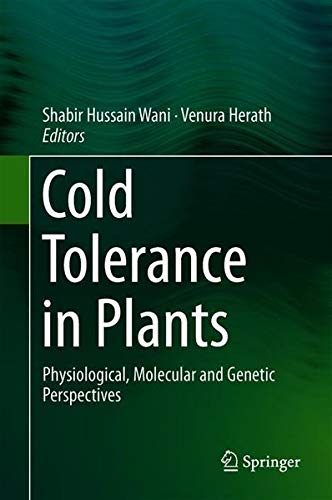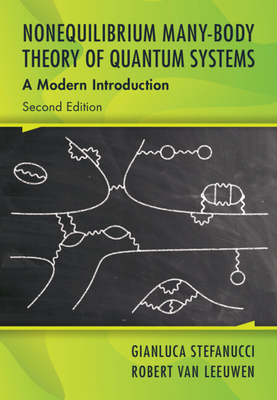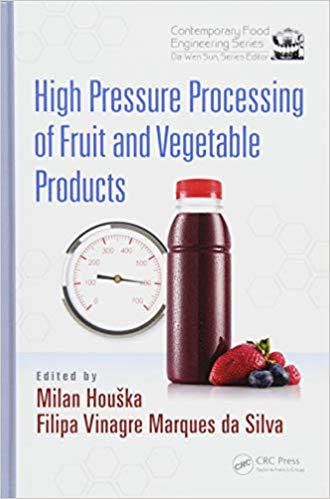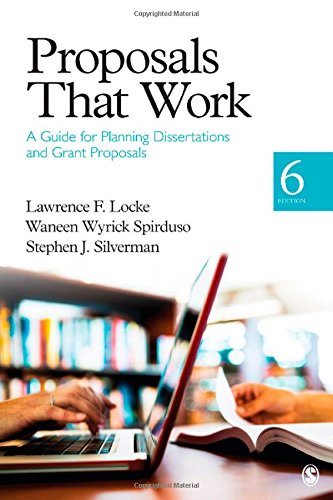
Cold Tolerance in Plants:Physiological, Molecular and Genetic Perspectives
植物耐冷性:生理学、分子学与遗传学展望
植物学
¥
2591.25
售 价:
¥
2073.00
优惠
平台大促 低至8折优惠
发货周期:外国库房发货,通常付款后3-5周到货
出版时间
2018年12月05日
装 帧
精装
页 码
203
语 种
英文
综合评分
暂无评分
- 图书详情
- 目次
- 买家须知
- 书评(0)
- 权威书评(0)
图书简介
Cold stress is one of the prevalent environmental stresses affecting crop productivity, particularly in temperate regions. Numerous plant types of tropical or subtropical origin are injured or killed by non-freezing low temperature, and display a range of symptoms of chilling injury such as chlorosis, necrosis, or growth retardation. In contrast, chilling tolerant species thrive well at such temperatures. To thrive under cold stress conditions, plants have evolved complex mechanisms to identify peripheral signals that allow them to counter varying environmental conditions. These mechanisms include stress perception, signal transduction, transcriptional activation of stress-responsive target genes, and synthesis of stress-related proteins and other molecules, which help plants to strive through adverse environmental conditions. Conventional breeding methods have met with limited success in improving the cold tolerance of important crop plants through inter-specific or inter-generic hybridization. A better understanding of physiological, biochemical and molecular responses and tolerance mechanisms, and discovery of novel stress-responsive pathways and genes may contribute to efficient engineering strategies that enhance cold stress tolerance. It is therefore imperative to accelerate the efforts to unravel the biochemical, physiological and molecular mechanisms underlying cold stress tolerance in plants.
Through this new book, we intend to integrate the contributions from plant scientists targeting cold stress tolerance mechanisms using physiological, biochemical, molecular, structural and systems biology approaches. It is hoped that this collection will serve as a reference source for those who are interested in or are actively engaged in cold stress research.
本书暂无推荐
本书暂无推荐















